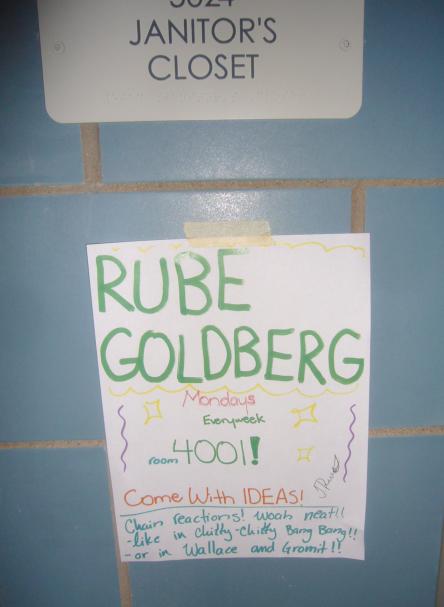You are welcome to attend the first session, on Wednesday May 7 6PM, at no charge and without committing to enroll. Instructor Bob Jene will provide an overview of and introduction to the course. At the conclusion you may choose to enroll ($25 fee), or pass up this opportunity (There will be another chance next term, and more thereafter.) More about Progress & Poverty
You are welcome to attend the first session, on Wednesday May 7 6PM, at no charge and without committing to enroll. Instructor Bob Jene will provide an overview of and introduction to the course. At the conclusion you may choose to enroll ($25 fee), or pass up this opportunity (There will be another chance next term, and more thereafter.) More about Progress & Poverty
You are welcome to attend the first session, on Wednesday May 7 6PM, at no charge and without committing to enroll. Instructor Bob Jene will provide an overview of and introduction to the course. At the conclusion you may choose to enroll ($25 fee), or pass up this opportunity (There will be another chance next term, and more thereafter.) More about Progress & Poverty
You are welcome to attend the first session, on Wednesday May 7 6PM, at no charge and without committing to enroll. Instructor Bob Jene will provide an overview of and introduction to the course. At the conclusion you may choose to enroll ($25 fee), or pass up this opportunity (There will be another chance next term, and more thereafter.) More about Progress & Poverty
You are welcome to attend the first session, on Wednesday May 7 6PM, at no charge and without committing to enroll. Instructor Bob Jene will provide an overview of and introduction to the course. At the conclusion you may choose to enroll ($25 fee), or pass up this opportunity (There will be another chance next term, and more thereafter.) More about Progress & Poverty
Bob Jene will examine the American Monetary Institute’s American Monetary Act, a proposed amendment to the Constitution, and compare it with Henry George’s ideas on money. Steve Zarlenga’s speech in which he shows George’s ideas on money coincide with AMI’s will also be examined and discussed. It will boil down to which is more important, Henry George’s proposed fiscal reform or Zarlenga’s monetary reform.
An evening with Bob Jene to compare the Georgist fiscal reform to the TARP bailout, “Fair Tax,” Flat Tax, Bush tax cuts and government money creation. A gist of each proposed or attempted solution to the “great recession” will be given including QE I, QE II and QE III. Attendees will rank the proposed remedies on a scale of 1 to 10 based on 8 criteria.
Political Economy Book Club discusses Uncle Tom’s Cabin, “the book that inspired the abolitionist movement.” It may have been based on the real-life slave Josiah Henson, who escaped slavery and started the community Dawn in Canada which became a destination of many slaves on the underground railroad. The event is free and everyone is welcome, but RSVP is requested to 312 450 2906 or rjmatter@gmail.com.
This is a special presentation for students at DePaul, Loyola, and Dominican Universities. If you meet this requirement and you’re interested in solving the problem of poverty, you’ll get $20 (or a free course voucher if you prefer) by attending this program. RSVP is essential. Others may attend on space-available basis.

Would Rube Goldberg have been able to design a less straightforward system of funding government than the U S Federal income tax? In this presentation, HGS instructor Bob Jene looks at what it costs to collect this revenue. The direct cost to the government of operating the Internal Revenue Service is only a small part, as the burden put on the taxpayer, and the diversion of effort from productive uses, should also be considered.
